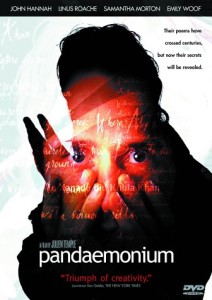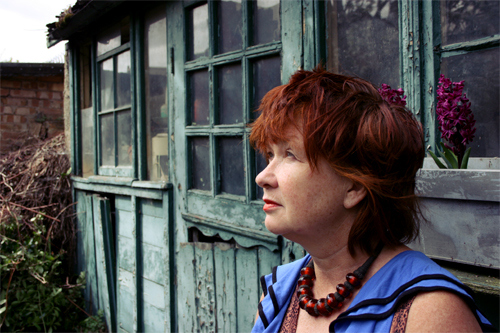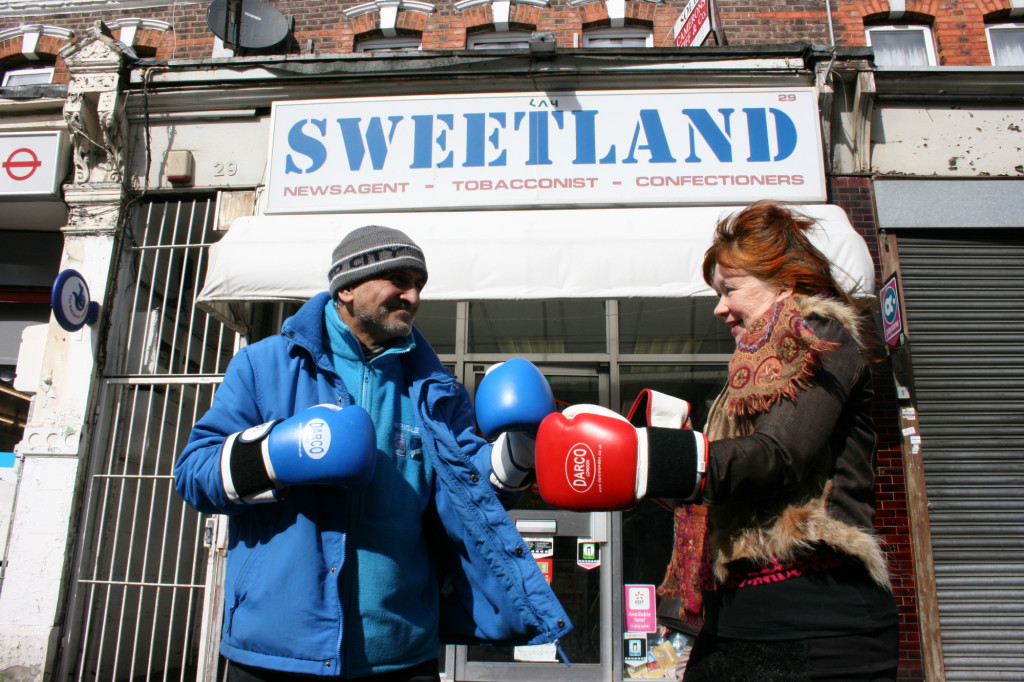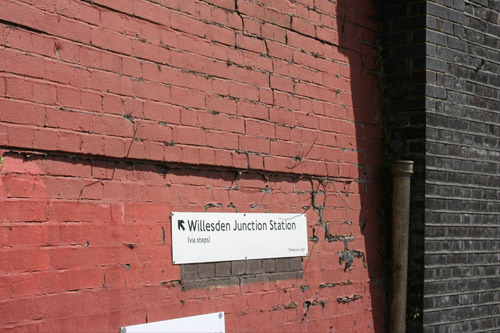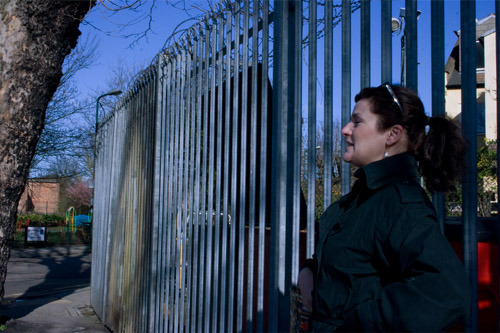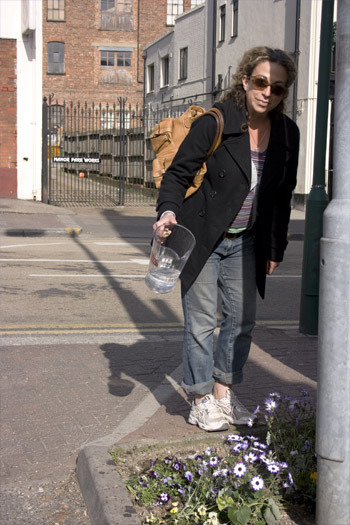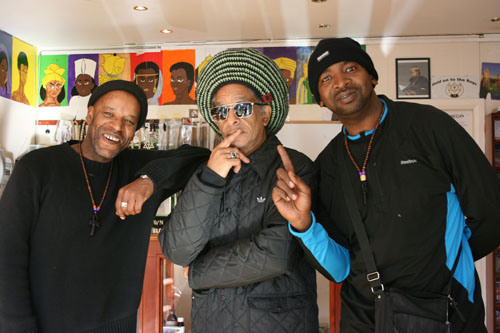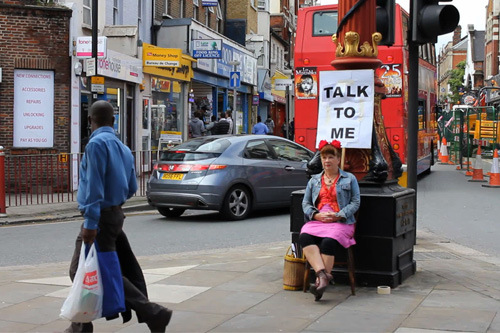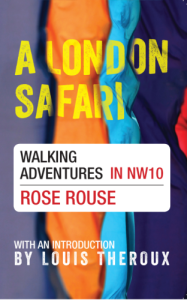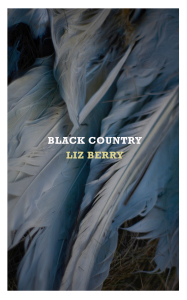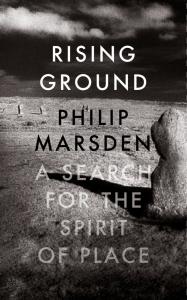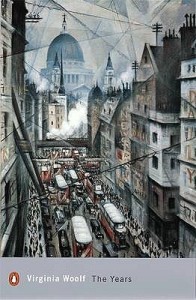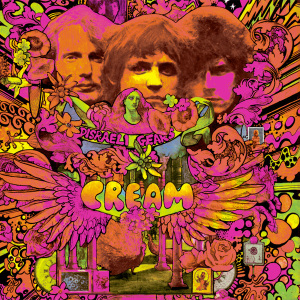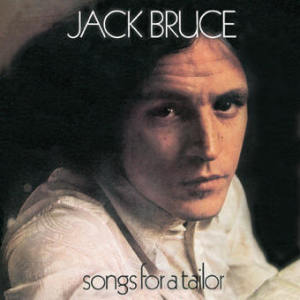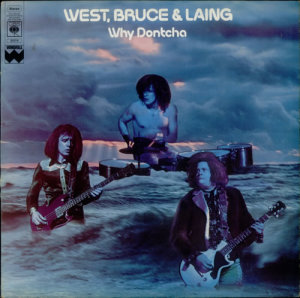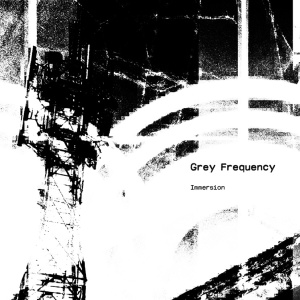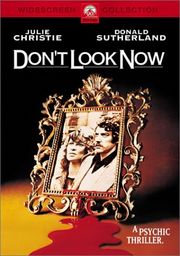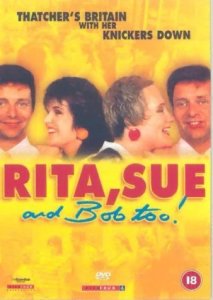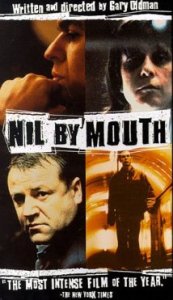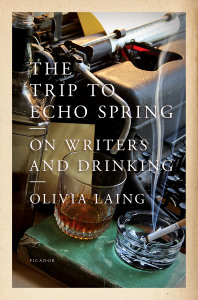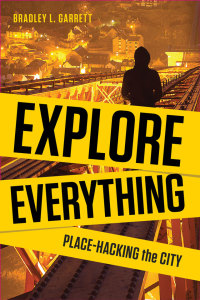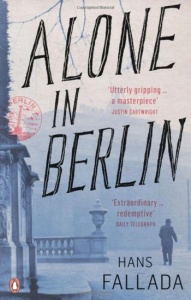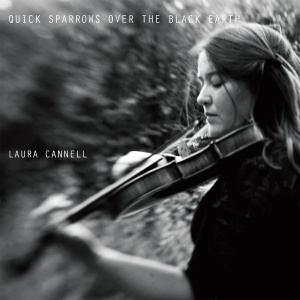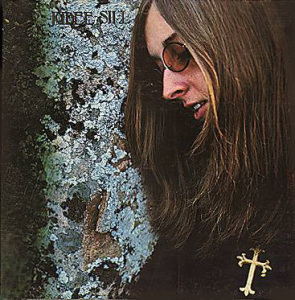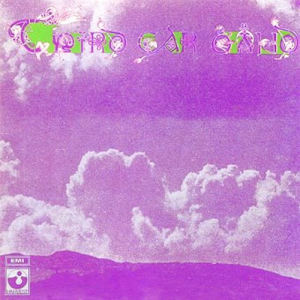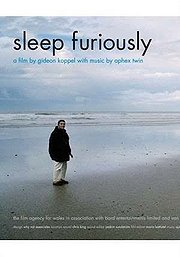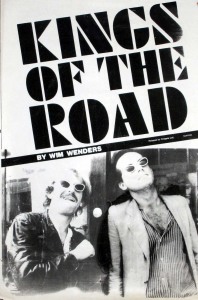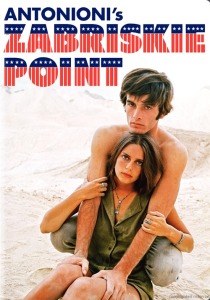To edit is to deconstruct. Put every word under the spotlight and make it account for itself
There is a point where music, writing and visual art coalesce. Perhaps this coalescence reached its apotheosis in the album cover art of the 1970s!
No one seems to love living poets. OK, Roger McGough and Ian MacMillan might be the exceptions
Autumn as a metaphor for the approach of old age, that’s a bit of a cliché, isn’t it?
I prefer to distil rather than expand. The American poet, Lorine Niedecker, said her job was ‘condensing’
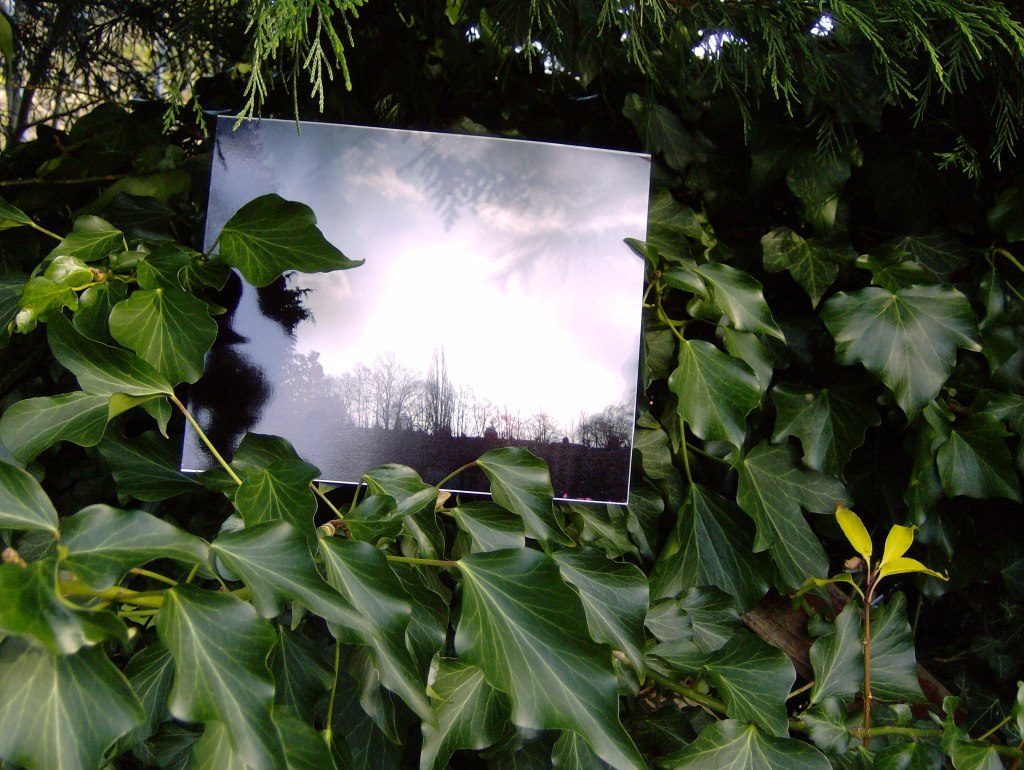
What is it with TV dramas that, when they stretch out the original successful concept into a longer series, they seem to lose all the initial freshness and become hackneyed and stylised?
It was nice to get out and do a bit of improvised wandering – to see how places that one is vaguely familiar with actually connect up when one’s on the ground
Have I found my voice? What is my voice? What does it sound like? And all those other voices, those that I believed to be mine, to whom did they belong?
A map of the town showing the pattern of streets and buildings. Subjacent to that is a map of the underlying tunnels, sewers and passageways. The other town. The secret town
About the effect of word, line and space. Of punctuation and placement
The combined text is looking pretty good now, looking forward to seeing Charlie’s proposals for the lay-out
. . . a London of smoke, smog and post-war austerity
But does stream of consciousness writing really mean one writes without thinking, or is it simply thinking in a different way? As if telling the internal editor to take a back-seat, for now.
For me, the best genre fiction is that where the writer consciously subverts the form of that genre; where he or she breaks the rules
The simple act of walking and its effect on the heart, the soul and the imagination
And who’s to say my inner life then wasn’t real? Isn’t real still? Aren’t my memories of my dreams as much part of me as my memories of my actions?
Modernism let the genie out of the bottle – never again can we carry on as if we’re unaware of the significance of the form the writer chooses
A dark sky: blue-black ink washed over with black
Today I’m looking at Flint through the lens of Shakespeare
My aim with this poem is to harness some of that anger without lapsing into hatred
I see that King Tut’s Wah Wah Hut is still open. What a great name for a venue!
At the back of my mind is the thought of whether I actually bring anything to these meetings, particularly as I don’t even attend regularly
Poetic enemy number one: the received phrase. There, I’ve gone and done it again
People don’t realise, there’s far less to me than meets the eye
Or are we all separate, so far removed, each from the other, that we’re doomed never to meet?
All those underlying, long-held anxieties and concerns spilling out into words
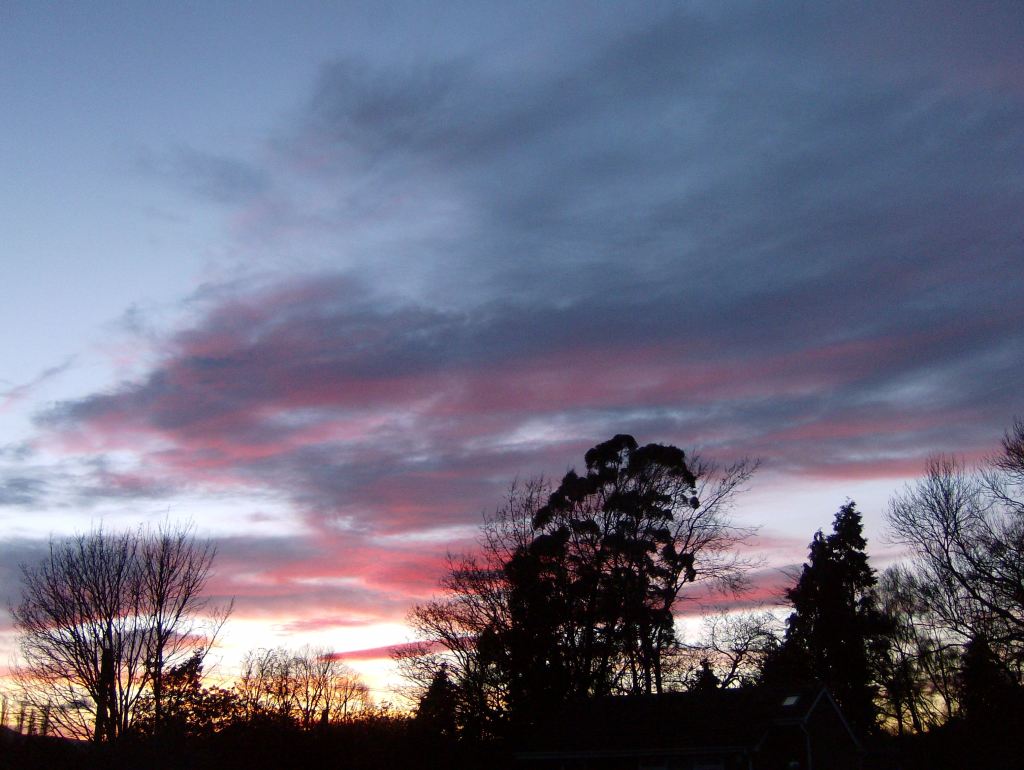
What I like is the fact that it is written from the point of view of the parents, not that of the writer
Seen once from bus to Birkenhead, white paint on shipyard wall: ‘People not Polars’
Does having the insight to realise you’re a bit eccentric mean you’re not really a true eccentric?
Is he still alive? His lack of any kind of a digital presence suggests the worst
As Billie Holiday lay dying in her hospital bed the police waited outside hoping to arrest her for possession of drugs
Feel like you know all of your supermarket check-out assistants by their first name? Up to speed with the holidays they’ve got booked and what their kids are up to? Then you probably work from home, like me
To Sheffield for the day…
Goodbye to BST; hello to evenings cloaked in darkness and waking before sunrise
The trouble with giving your poem a good title is that it tells the reader too much
An apprehension of time – past, present and future – and the capacity to imagine are both integral to the nature of consciousness
A poem about the making of a poem: a meta-poem, one which shows all the wires and pipework, giving a list of the sources and influences, conscious and unconscious, into which the poet taps.
A hint of orange on the eastern horizon, a spark to light the wash of grey sky behind the dark outlines of the trees
Memory is episodic, a series of echoes and impressions. Placing those memories within a narrative arc is an artificial construct
Ron Silliman joined a forum discussion I was part of yesterday, which was pretty cool. Too many of my favourite poets are dead, so it’s good to hear from one who doesn’t have that second crucial date after his name.
There must be a huge landfill site somewhere in America with all the ‘U’s from colour and favourite, ‘S’s from maths, ‘I’s from aluminium and ‘A’s from aesthetic.
Fieldgate Mansions was at the centre of the campaign against unscrupulous East End slum landlords in the 1930s. It was still a tip when I lived there in the 1970s
Blimey O’Reilly, I’m starting to talk like my blooming Dad
Interesting use of a John Cage mesostic to write through Frank O’Hara’s ‘The Day Lady Died’
A big day today – after a lot of work we publish our psychogeographic collaboration
Baby’s body moves through time and space; with the illusion of language, he describes that journey
Is there an element of tedium in the One Year process? Of course there is, tedium is an inescapable fact of the human condition. Perhaps even a necessary fact; the plain black cloth against which the precious jewel can be displayed
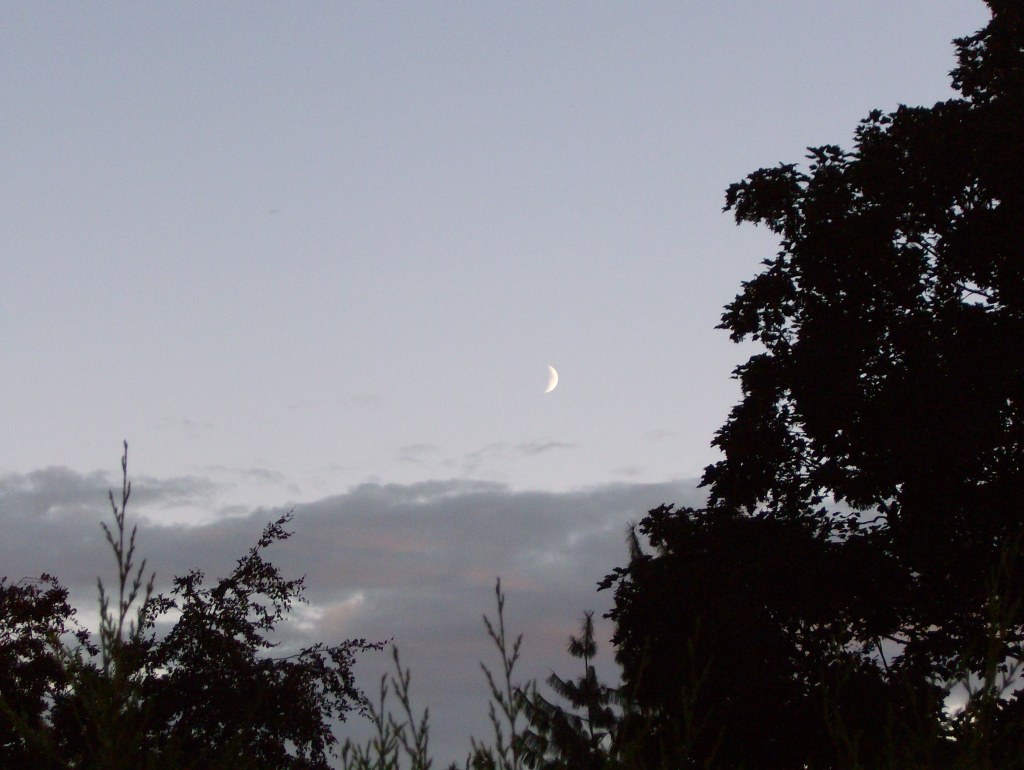
Make a list of the people you have lost. Honour them with your tears.
The trouble with typing up a poem is that it makes it feel ‘finished’; it discourages further revision when revision is usually what that poem desperately needs
…reading BART poem out loud, his voice conveys the gathering momentum of the train.
Weird dream – news that a chicken was infected with a computer virus
.. and when the memory holder dies, what happens to the memory?
I pledge elegance / two thief rag
… and in my dream it was my last day in a place where, apparently, I’d worked for years. It was an imagined place, but I still woke up with a feeling of loss and sadness for the imagined place and the imagined people I was leaving behind.
What would be interesting would be if, while sticking within the bounds of the genre, he could nonetheless pull off something daring and experimental.
To Gresford in search of the grave of Harold, May Sinclair’s brother
Listening to a reading in English by Caroline Bergvall and her soothing, but slightly disorientating, French/Norwegian tones
No sign of that comet in the sky this morning. Stand easy, Bruce Willis
In his wine shop in Whitechapel, Mr Trotosky presides over the cabinets with glassy smile and polished head. ‘O?’, I say
Feet remember a way mind cannot recall
At horizon’s line a ladder of cloud: backlit pink, rungs of grey and indigo
Entering a world furnished with the sound of colour and the taste of light.
‘twas the face that launched a thousand sheds
But can we fit all of that onto one side of A4?
Anorexic pruning – / a painful birth / revealing flowers / of such unexpected beauty
…make a list of the major towns and cities in Britain that you’ve never visited
Walking through the Victorian heart of the village, I feel the presence of May Sinclair. But I’m not sure a proper historian would accept this as research
Ram Rod and Special – the drink of choice in 1970s London
Flickering images and remembered phrases
An answer that is lost in a shower of leaves
Foundlings line up at my command / some come unbidden / others never leave
Here are wires / see the pipework
.. with steel pylons for masts and sewn newspapers for sails
Resisting the temptation to interpret and explain
…her true self existing only in my mind…
.. as if stumbling upon a movie set and into the glare of lights
Walking her streets, I sense the hand of design
Once again, it’s the ending of that poem that’s proving to be a bit tricky
I could have been someone. Well, so could anyone
An interesting sequence of numbers again. Such beauty constructed only from combinations of ten characters
Which reminds me that social housing doesn’t have to be dehumanising
Yet another symmetry of numbers
The shadow of Polaris still hangs over this shipyard
Clouds scud across the luminous disc of the moon; the trees nod and sigh
The streets throng with the ghosts of long-dead travellers
Is a life ever completed, or is it just brought to an end? The piano lid slammed
Dansette record player, cherry-red cream
The not so sunny side of Port Sunlight – nice phrase, Diana
They must have been so afraid that, this time, the Sun wasn’t coming back; so overjoyed when it did
….and while Mr Seal is in Sheffield….
…the view continues, unaware of the absence of its observer
A curtain of crimson velvet covers the doorway; a confusion of austere opulence
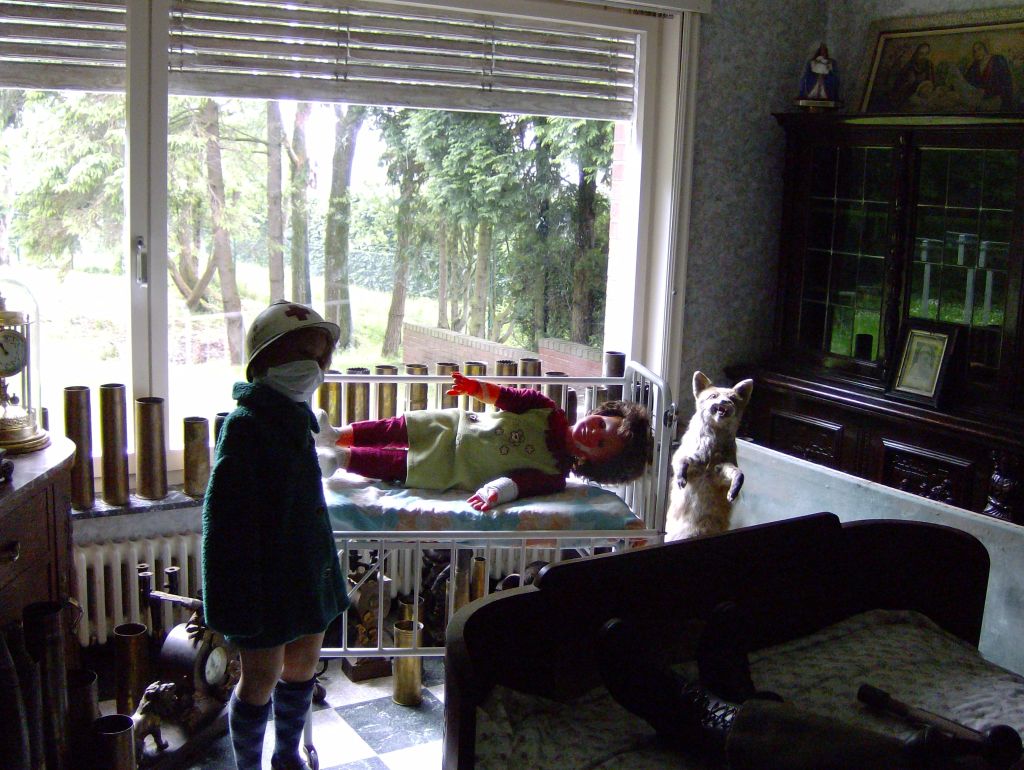
Can you really trust someone who doesn’t like Christmas pudding?
The grass with its decorative frosting
‘the first flakes of snow on my tongue’
Her new poem, a precious winter gift
A tree trunk floats by on the swollen waters of the Dee. A sleek U-boat heading for Chester weir
Fingers long, wrinkled red, salt water raw
Beach treasure trove: coloured glass worn smooth
Rousing, as if from sleep, he realised there was a room in his house he had never entered
From downstairs, the sound of a piano
I saw the New Year in on a shed roof. I think it was my shed
… and the postman tried to attack me with his handheld delivery device
Swimming with the stream rather than against it; what a novel idea
He took all the clouds from the sky and laid them out flat on a very large canvas
I have no idea what the retirement age is for bank robbers
The escalator of generational change; far superior to that game-show conveyor belt
He found it useful to feign deafness
He added her name to his list of people he should apologise to, knowing none of those apologies would ever be voiced
A glow of light at the eastern horizon; dawn crawls up the ladder of sky, a rosy-pink new-born
Thoughts of Spring and yet a fear that Winter still has her worst to come
Watching his thoughts, watching his anxieties, but declining to own them
He turned his thoughts to conspiracy theories, surely he could come up with a good one?
He opened his eyes to see the dome of stars above him, each one large and clear, a night sky of terrible beauty
She flows slowly, with swollen power
…sweeping up branches and animal carcasses as she goes
Inexorable momentum
Sometimes, there are no words…
She is an army on the march, gathering numbers to her host
For months he had been living in this way; endless circling, perpetual beginning, followed by frustration
River water the colour of Brown Windsor soup
So how come Rabbie Burns never wrote a poem about neeps?
He turned his head to face the window, and remembered…
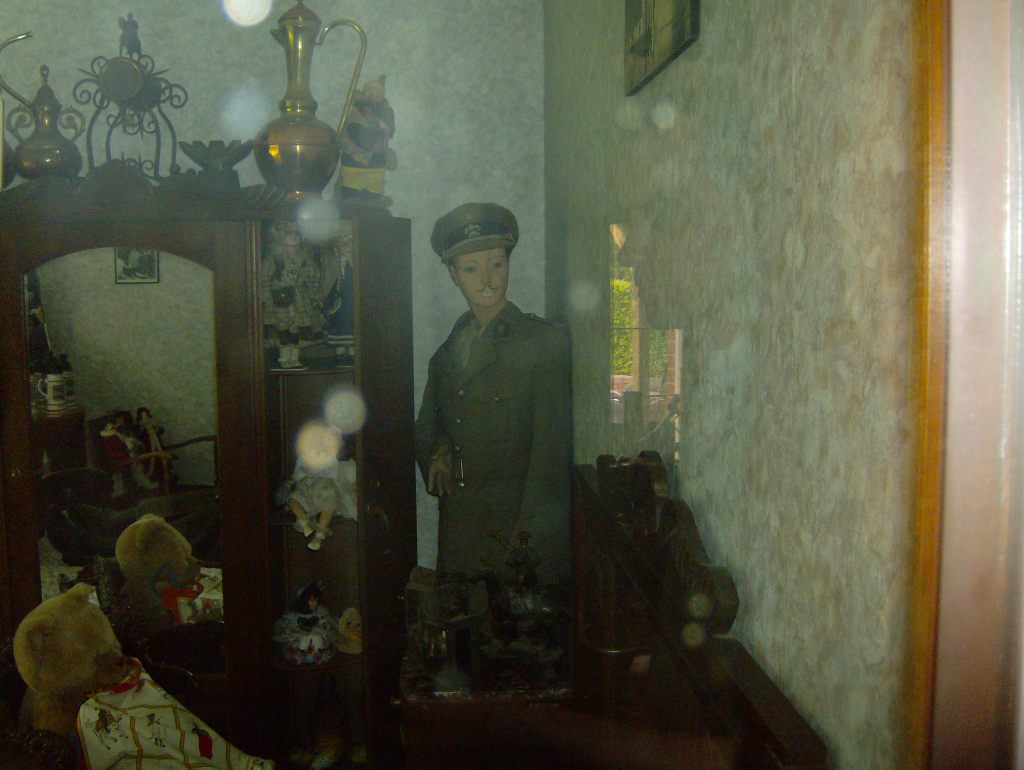
A suggestion of the character’s inner life expressed by silence and punctuated by subtle facial expression
Shortly before he passes away, his father told him for the first time about the older sister who died when he was just an infant
I need a map. If it’s not the right one, I’ll adjust it until it fits
She sees the rocks, their surface an embroidery of erosion
Who will light a fire and say the kaddish for them? Who will say it for us?
… a murmur of voices and echoing footsteps from the corridor outside
And when I dream, I dream I can fly
I beat my wings upon the unyielding glass
The smell of incense and candles; burning books and rotting flesh
An arrow, a pointer, a finger posting showing the way
We live on in memory for a time but, then, even the memory dies
She looked at the back of Janek’s head, the way his blonde hair curled over his collar like the tip of a hawk’s wing, and shuddered
Flowers she could not name, the like of which she had never seen anywhere else, seemed to bloom throughout the year
A crow was patrolling along the guttering, taking two hops and then stopping to look down at the people below
When Marijeka awoke it was already light. She heard footsteps walking past her room and saw shadows chopping at the light coming under her door
Striving to heal old wounds, slights upon the character of the landscape
The pace of the film is perhaps slower than modern audiences have come to expect but, in Dreyer’s hands, this only emphasises the quiet, ordered nature of this rural community which follows the rhythms of the farming calendar.
A bright morning star in the south-eastern sky
He starts his walk in Manchester
He looks. He tells us how he looks, but not what he sees
As he walks, he writes a letter to his daughter
Where do all these thoughts come from? Have they been voiced before?
Walking as an act of exorcism
They call it psychogeography. I realise now I have no idea what that means
What is the significance of Liverpool? Why make that his destination?
He was eighteen at the time. Friends they had in common told him the two of them were made for each other. He never did get round to meeting her
Angela was three years older than him. She worked in a library and liked to visit historic sites
She sounded great; it was the idea of being ‘fixed-up’ that appalled him so
That song has a haunting quality that always takes me back to that day so many years ago
Sunday afternoon, work finished, sitting in the car with the two others, driving across the marshes
I need to write a business plan. No one will ever really read it, not even me. I just need to have one
The trouble with Dogme 95 is that they announced the rules to the public. Gnostic film-making, now that’s the future
She plays a Freudian game with the readers
He walked, absently gathering up sensual impressions, more from habit than strategy
A rag-picking somnambulist
It’s a place I’ve passed through many times, but I’ve yet to stop, to walk, to look
They quote his every word, declare even his shopping lists the most sublime of poetry
He prided himself on the acuity of his self-awareness, yet only became aware of the façade of his life when it began to fall away
A life lived with no stain, no memory, no echoes
She follows the thought, pulling it up by its roots
Meths drinkers, feral kids, street performers, pie and mash shops
Cohen took his camera out into the streets to record a way of life that was rapidly disappearing
Those physiotherapists of bricks and mortar, striving to heal old wounds
Slights upon the character of the landscape
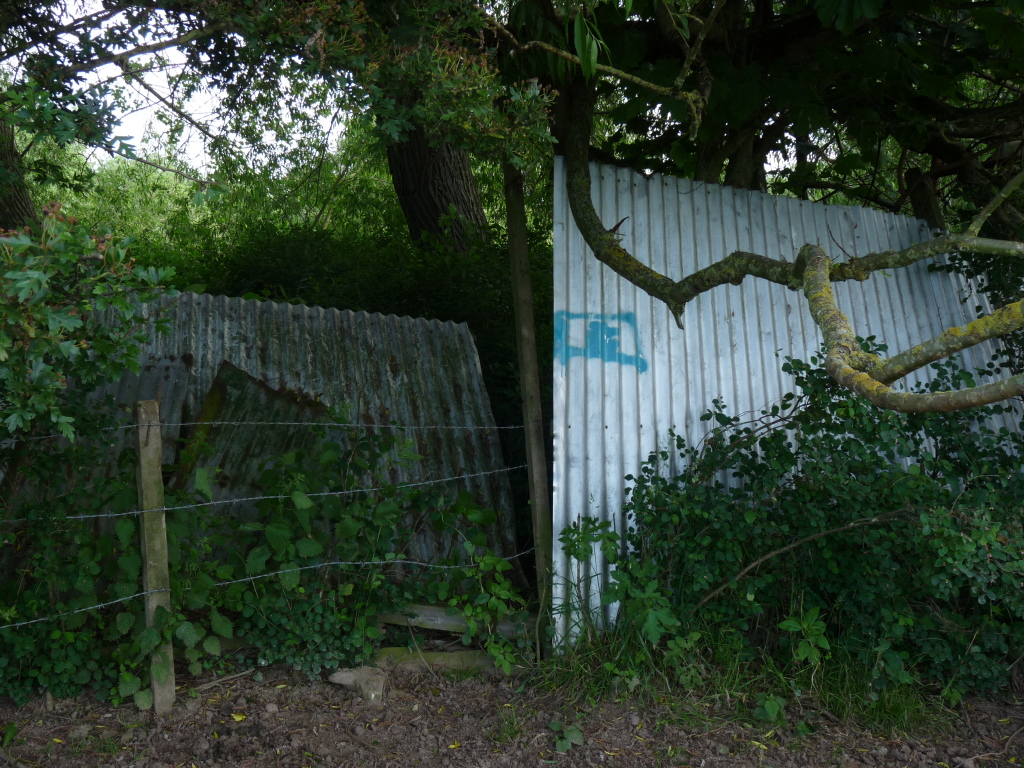
She took it all in; the sun and rain belonged to her, her alone
Nurturing with murderous love
Embracing Revelation’s two thousand years of holiness, Dewdrop leaves by night without saying goodbye, and his wife and children remind themselves to forget
But then, Agamemnon in New York has a certain ring to it
Old men linger, the caretaker generation
Guarding buildings and books. Remembering.
We walk up Cambridge Heath Road, past Bethnal Green tube, and on to Hackney. Victoria Park Road is on our right
I stand before the green front door and ring the bell. I’ve never got round to asking Ramona why she hasn’t painted it yellow.
A Julian calendar is pinned to the wall looking down, as she screams and flounders in bathwater turned chill.
Can I be the only person in the world who finds Tom Hooper’s Les Misérables the
He sits on a bench so well-polished that his rump constantly slips and slumps
November 1840: the birth of time
A station hall and the smell of smoke; engine steam that billows and clings
Off the bus and straight into the George Robey
A grand tour, edging through tribal territories
Shop front names stake territorial claims
But somewhere along the line I lost sight of the poetry
A tip: put the things you’ve already done onto the list
A moon so large one could reach out and touch….
I swim, I count, ticking off the lengths
Hats. I need to become an expert in hats
A never-ending tale told in a perpetual present
Drifting into a sleep that feels like slipping into death
She was the youngest of the three princesses. No more and no less beautiful than her older sisters, but more loveable
Yes, that was the word, loveable. She inspired love, and her name was Marijeka
A narrator so unreliable one might almost say he was treacherous
Which was during the silver age of American comic books
…and he was convinced the lyric was ‘hey you, get off of my car!’
A crow was patrolling along the guttering, taking two hops and then stopping to look down at the people below
She blew noisily at the cold air to see the vapour of her warm breath form little clouds and then dissipate
Grey. Four grey walls. Grey ceiling. Grey floor. I lie on my narrow metal-framed bed and my head is full of grey.
A high window with a grey metal grille lets in a little light. Grey light, just enough to see this grey world
Searching for an empty notebook to take to Devon I find an old one from 2004 with several forgotten drafts of poems and short stories
Mr Seal is in Devon
I like Devon
Though I miss you, dear reader
… and, more than anything, I miss my morning view
The Germans have a very useful word, sehnsucht, which means a kind of wistful longing. It’s a shame we don’t have a direct equivalent in the English language. The Welsh hiraeth is similar, but not quite the same
Stalin and Litvinov, in London in 1907 for an International Marxist Congress, stayed at Tower House. When I lived nearby it was a Salvation Army hostel and more recently the building has been transmuted into luxury apartments
Shining brightly, visceral echo of ancient light
Late evening sunshine after heavy rain, platinum sky
Desiccated sunshine; a poisonous embrace
We creep nearer to the fire, a circle of souls holding back the night
Did you see me? Did you hear when the streets called my name?
Rounding the corner the mill loomed into view above the village, dominating the skyline like some vast, ugly cathedral
He reminded us at regular intervals that he’d written for Coronation Street and an episode of Blake’s Seven
A black leatherette settee with orange furry cushions
By the back door, a dog lead hangs from a hook
Al fresco dining on the wall outside the chip shop
John Cooper Clarke’s skinny jeans are a thing of wonder. I have it on good authority he plans to donate them to the National Trust
The travel agent tells me that, obviously he’s heard of Malmö, but I’m the first person he’s met who actually wanted to go there
The voice of the water was honeyed, soothing
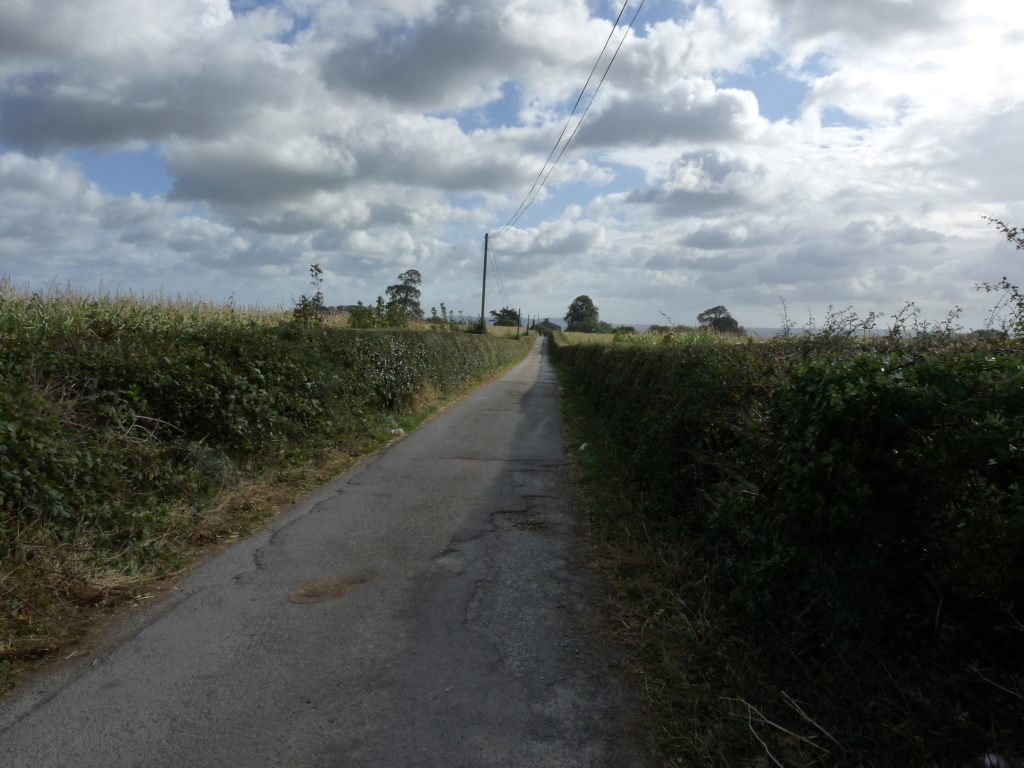
The taste of brine and iodine on his tongue, a crushing pressure in his chest so that it felt as if his lungs would burst
But, at this point, it was the rucksack that bothered him; its weight pulled at his shoulders and seemed to crush all his joints and muscles right down to his knees. Like the accumulated load of his life heaped up onto his back
Time is doing strange things,’ said the voice in his head
The plan was a commercial disaster and the Duke of Lancaster’s shell now sits at the side of the river rusting away.
The 242 from Hackney to Bank and the conductor’s constant refrain: ‘Any more fares please? Thank you! Ta!’
My bus to Finsbury Park was late so Geoff got there before me. He ended up meeting Roger Chapman and Charlie Whitney and having a pint with them in the George Robey before the gig.
Cityscape of echoes and reminders
…and a chill of remembering
‘Buckshee’ is such a great word
May, and the air is full of rumour
My new business website is coming together at last
Puzzling over a one-line note in my journal from a few weeks back: ‘Gramsci fishermen’. Beats me too!
But what if someone in The Bull throws their beer at Morrissey?
I prefer my version
A forgotten Anthony Newley film with a soundtrack by Kenny Graham
Jesse Hector, the guy should have been a rock star, but instead he was last heard of working as a cleaner
The trees a smear of green along the valley side, the house a hazy shape beyond the trees
I mention Kathy Acker’s name and receive nothing but blank stares
Sooner or later life’s journey takes us all into the dark wood
A clutch of shapeless characters
Lightning in the circle of unity; the flash in the pan
“Goo’night. Goo’night.” He gives a word of farewell to the landlord and every corner of the room. Eliot’s patrician ear captured only a dim echo of the real thing. But then the pub wasn’t his milieu, not his place of worship
Pale, underfed bodies from Govan, Maesteg and Stepney. Barely trained, poorly armed, baking in the Andalucian sun. Dying in the Andalucian heat
Imagism seeks to produce a poetry that is “hard and clear, never blurred nor indefinite.”
To the other side of the Pennines for the day and the chilly embrace of the easterly wind
Williams tells us that this is the child “who robs her” and, indeed, the very structure of the poem emphasises a sense of alienation between the two in the
One reached the point in one’s life when one felt one had lived beyond one’s time. She remembered Daddy saying that, and now she understood.
Below, the Pennines swept by, a narrow strip of upland strategically placed to stop Manchester and Sheffield growing into one another.
The car zipped from the orange glow of one street light to the next with hypnotic repetition.
She loved to walk here, discovering new glades and previously unnoticed corners
The Woman Who Did: Grant Allen’s male fantasy of a feminist novel
Exploring the link between the New Woman and Herbert Spencer’s socio-political model of human evolution
On Chesil Beach only works if read as a comedy
She strained her ears but, try as she might, she could not hear the sound of clawed feet on the roof. But she knew he was there, his slick, black feathers glowing in the moonlight
But the huge expanse of sand he had walked over was now gone. In its place, but for the odd sandbank, was an expanse of grey water
Time is doing strange things,’ said Captain Metcalfe to his Mate as he struggled to hold a steady course while he steered the ship up the estuary
He stood up straight and pulled back his shoulders, as if willing himself to be decisive
The cliff was the colour of terracotta plant pots and was made up of countless weathered slabs
Out of context one might call my pictures crap. I call them unique, original
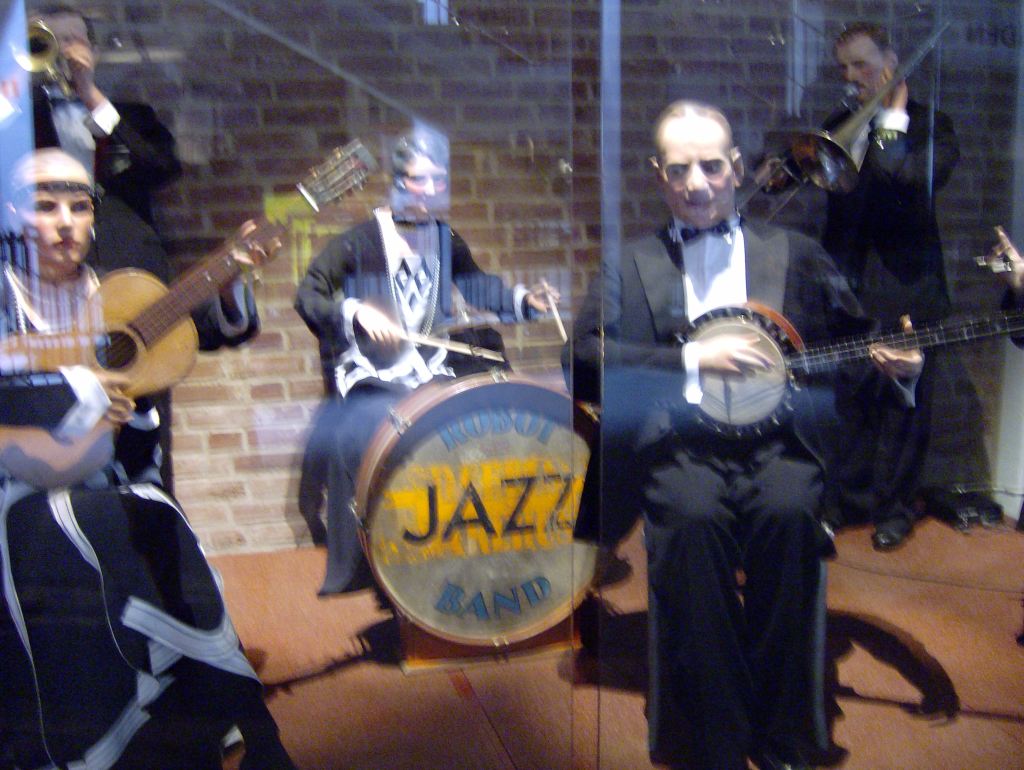
The question hung in his mind; an echo of doubt
But if you knew they were just voices inside your head, and not something that was real, that they were not another person with their own existence, did that mean you were alright?
Nut brown malt, winking foam
Fluffy words and clunky sounds, all on a Saturday night
Dewdrop sits alone, his bitterness before him
Gender Admin – a sawn-off room
It was a right how do you do
Such unexpected beauty
He holds his gaze in that zone of safety between the table top and a rheumy-eyed middle distance
A medieval bridge with two squat arches, its sandstone blocks glowing pinkly in the early evening sunshine
The river water was warm and viscous, its whole surface dotted with a generous sprinkling of flies
They walked on in silence, an inexplicable sadness hanging over both of them
She held it reverently and slowly, carefully began to examine its pages
He squinted to try to force his smarting eyes to see
Like four horsemen, solemn harbingers of tribulation, the chimneys of the power station dominated the western riverbank
All of his senses were real: he felt the water on his skin, the sunshine on his head and discerned the scent of newly-mown grass in the air
As Morrissey put it: ‘We hate it when our friends become successful, and if they’re northern, that makes it even worse’
Thanks for asking, Guardian Weekend. My ideal dinner party guests would be: Ed Reardon, Count Arthur Strong and Albert Steptoe
Religious belief and militant atheism share an absolute faith in something that cannot be seen or known; one believes it’s definitely there and the other it definitely isn’t
Perhaps agnostics are the Liberal Democrats of faith, neither one thing nor the other?
Why not try shaving foam for a low-fat version of strawberries and cream?
Mark E Smith once said the typical Fall fan is a middle-aged bloke in a windcheater sitting in a pub drinking bitter and moaning. Rubbish, I don’t even own a windcheater
Just like The Tiger Who Came to Tea, I’ve drunk all the water in the tap and all of Daddy’s beer from under the sink
I bet he’s even funnier in Spanish
I keep going back again and again to Caroline Bergvall’s VIA
I love to hear her read in that strange, compelling Danish/French/English accent
Of course it’s really Dante’s poem, but then that’s the whole point
Forty-eight Dante variations: layer upon layer of translations of the same few lines
Along the journey of our life half way
I found myself again in a dark wood
In the mid-journey of our mortal life
I wandered far into a darksome wood
Where the true road no longer might be seen
Lost amongst murmuring trees
There is no natural landscape; the simple act of looking changes it forever
Out of sight but not out of mind
Suddenly Copenhagen
But when the observer is away
Dream Malmö
Lament Malmö
I am a stranger in my own land
We drift along as if in a dream
Blaming the victim once again
Life as we know it, Jim, a fragile layer upon a spinning rock
Picking out the lights of Perth as his craft orbited the Earth
In deepest Lincolnshire
A window is the eye of the soul
Realising that The Reaper had caught up with all three members of Atomic Rooster’s classic Death Walks Behind You line-up
Vincent Crane, 14 February 1989, overdose of painkillers
Paul Hammond, 1992, accidental methadone overdose
John Du Cann, 21 September 2011, heart attack
In the hands of David Markson, this would be a crock of artistic gold
In my hands, it’s more like a crock of shit
Hands up, don’t shoot
The redemptive power of fiction
The fictional power of redemption
Nothing to beat the excitement of a good idea and a new project
Got to finish the other ones first
It’s all connected
We followed the river all the way back to the dam
I remember that the swearing of the older boys was more imaginative than ours
The things I remember are those that I write about
The terror of kept objects
I set a trap for my conscious mind, and wait around to see what happens
Integrating the irreconcilable elements
Transferring all my lists into one master list: strangely satisfying, though not very productive
The illicit thrill of climbing onto the scaffolding once the builders had gone home
A word collage of overheard conversations
Seeing a familiar view from a different direction
Most of these conspiracy theories are absolute guff, but I still believe governments massage information on a daily basis in order to mislead public opinion
So who sets the news agenda?
Daggers of rain; cold, vindictive
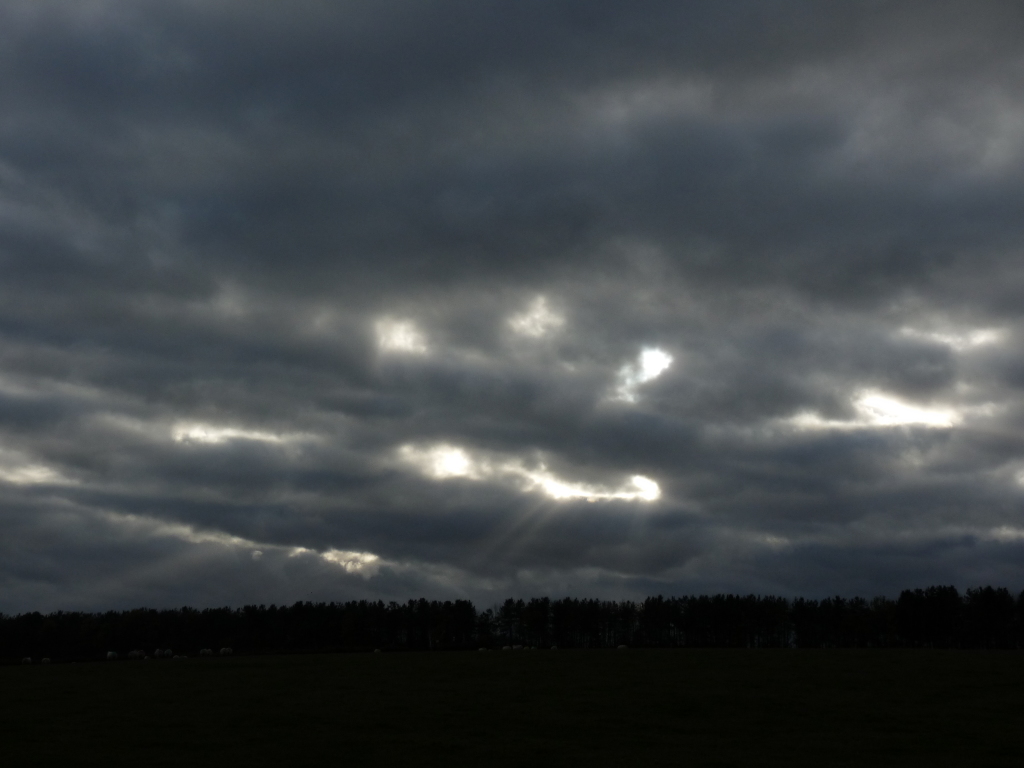
Sun glow claws at southern edge
And in the fairground, empty rides, music without notes, circling in their funereal geometry
I’ve been offered a chance to help with a local history/arts project on a subject close to my heart. How can I possibly say ‘No’?
‘So that’s what I’m going to do. I’m going to do it every day for a year’ – Cathy Dreyer
‘As of October 5th, 2006, I have been creating one small painting almost every day’ – Carol Marine
‘Every day I took a different drug or intoxicant and drew myself under the influence’ – Bryan Lewis Saunders
‘Everyday started on January 11, 2000 and is a work in progress’ – Noah Kalina
‘You know how it is. Tomorrow, and tomorrow, and tomorrow. Time creeps in its petty pace’ – Auggie Wren (Smoke)
‘Oddly moving to see the sky change / not change’ – Liz Lefroy
‘I’ll stop when I’m dead’ – Karl Baden
Sky, rooftops, trees
What is noticeable about all of these pictures is that they are seemingly devoid of the presence of any human beings
And yet they are there. Their impact upon the landscape is manifest
Patrick Keiller, a fellow traveller, looked out of his window and he saw it too: ‘The desire for poetic experience of ordinary, everyday phenomena was central to Surrealism and many other strands of modernism, from Baudelaire or even De Quincey onwards, but it was perhaps most readily achieved through photography and cinematography.’ (The View From the Train)
And the frame itself is a mere construct, beyond its edges a world vibrates
At first I thought of myself as a mere observer, a recorder, sitting there, cool and detached, choosing not to engage
But the gaze is never neutral, it affects the observer and the observed
Day by day the effect upon each is multiplied. Until
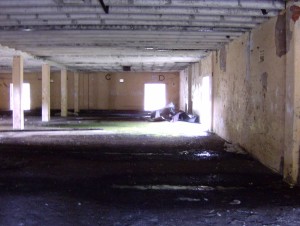 What connects lead-mining, Felix Mendelssohn, Charles Kingsley and a secret chemical weapons plant in North Wales? Read all about it in this new piece by Bobby Seal available now at Unofficial Britain
What connects lead-mining, Felix Mendelssohn, Charles Kingsley and a secret chemical weapons plant in North Wales? Read all about it in this new piece by Bobby Seal available now at Unofficial Britain
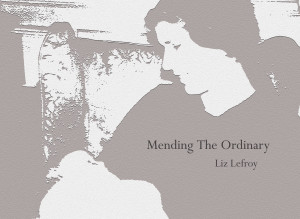
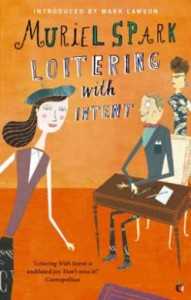
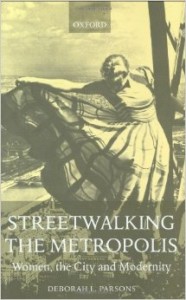
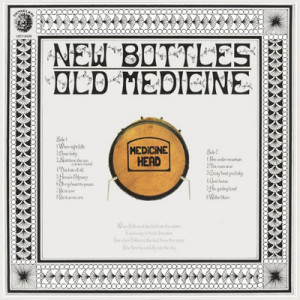
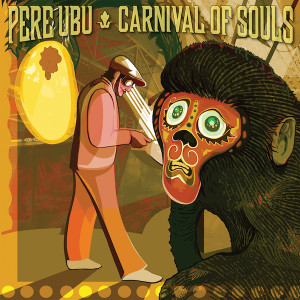
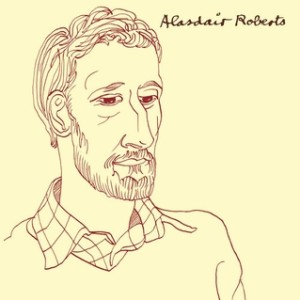
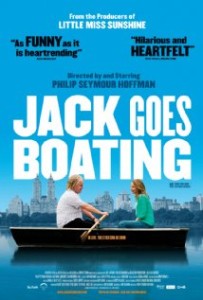
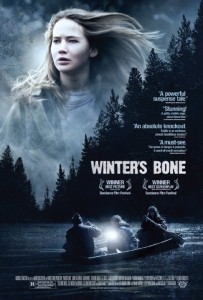
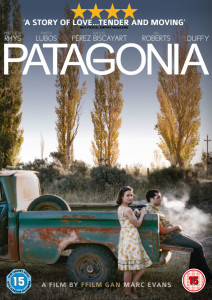
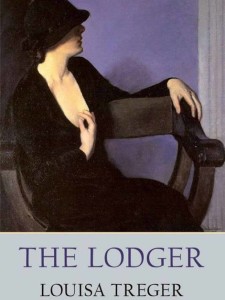

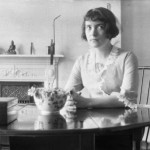

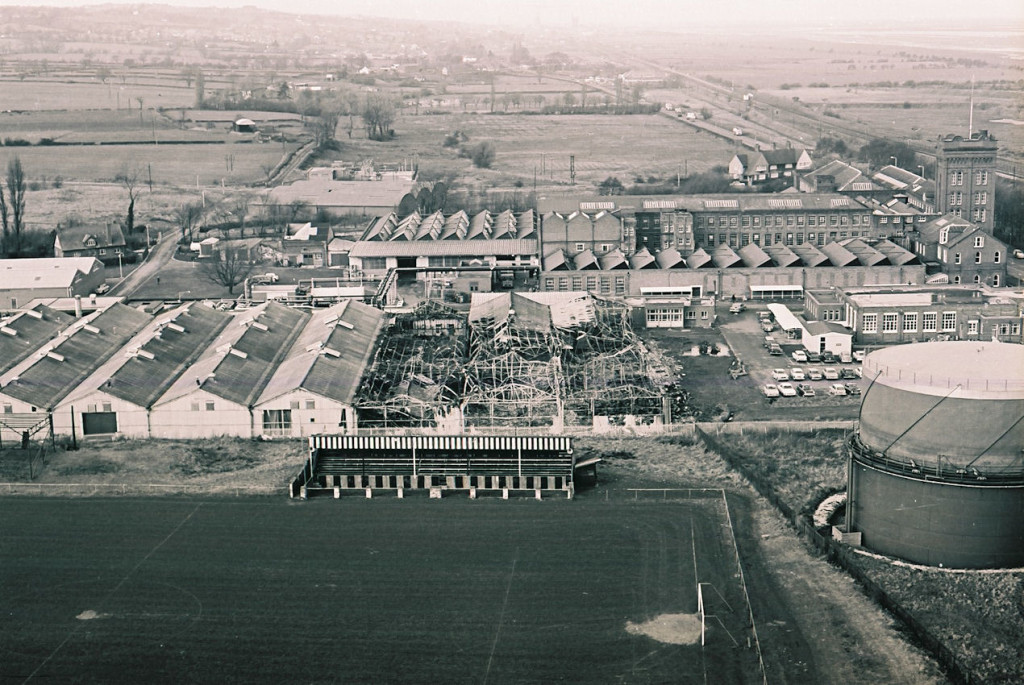
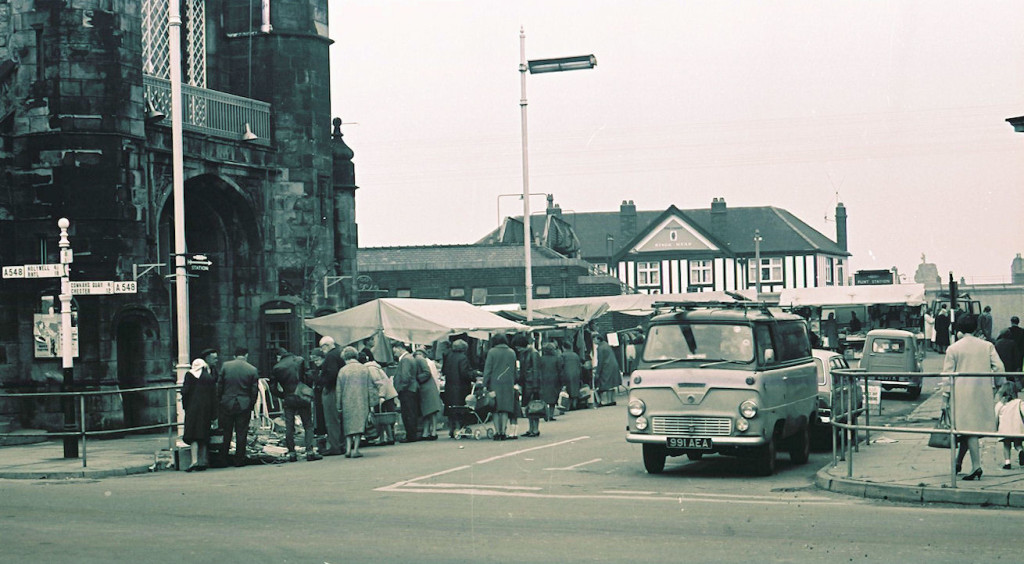
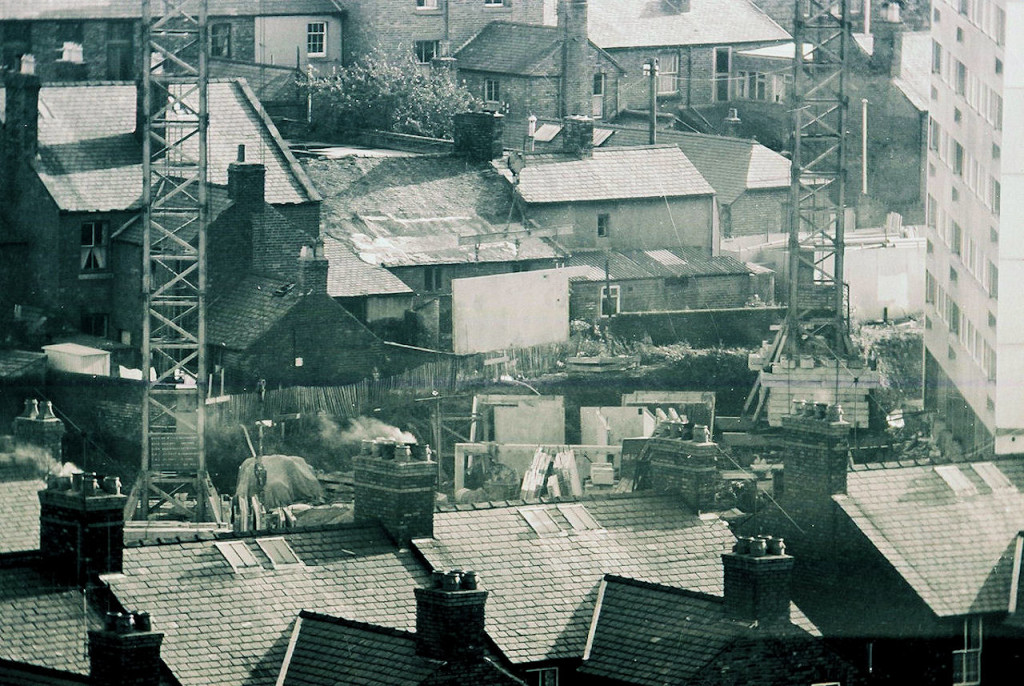
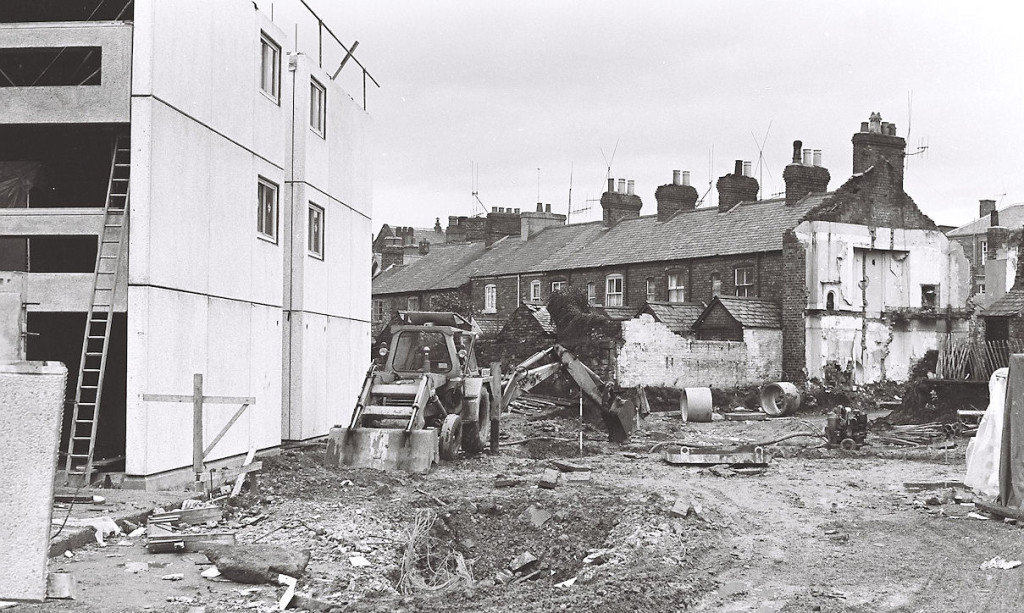
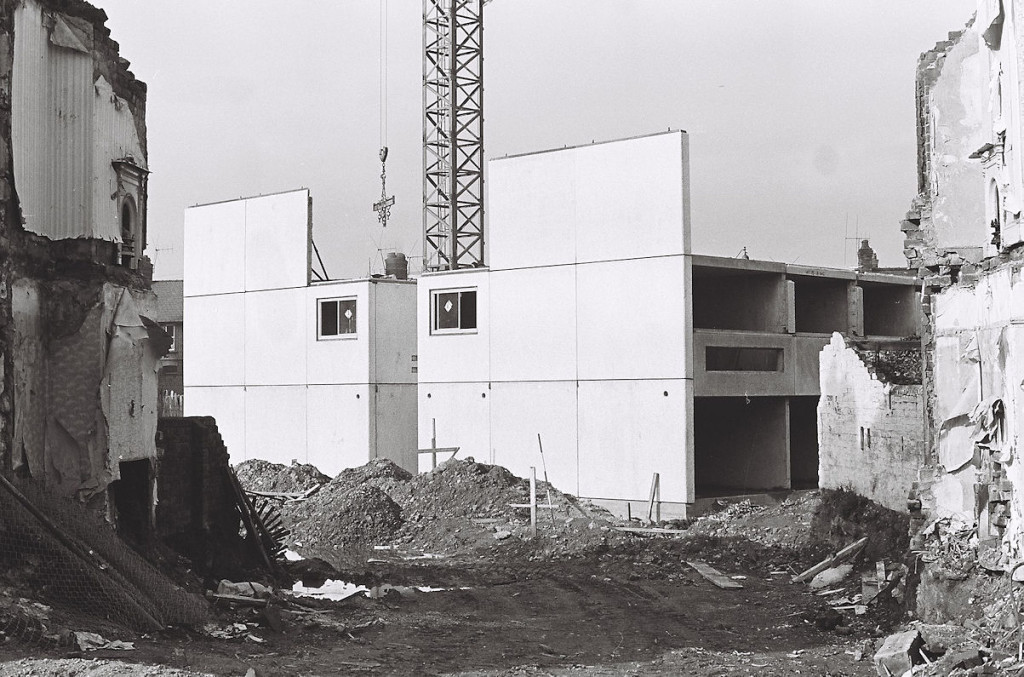
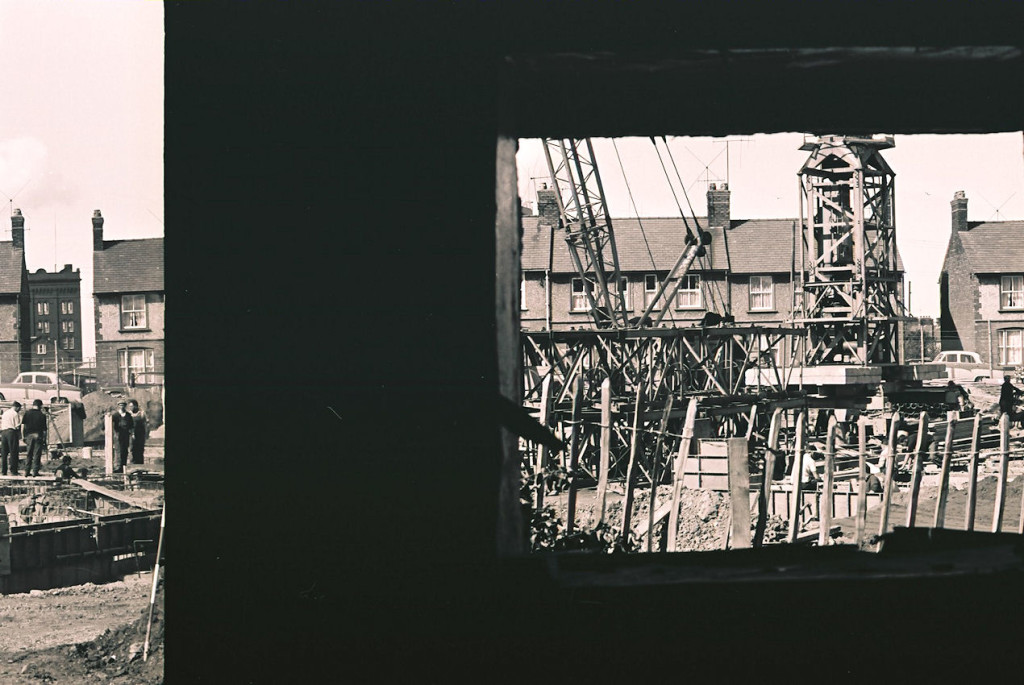
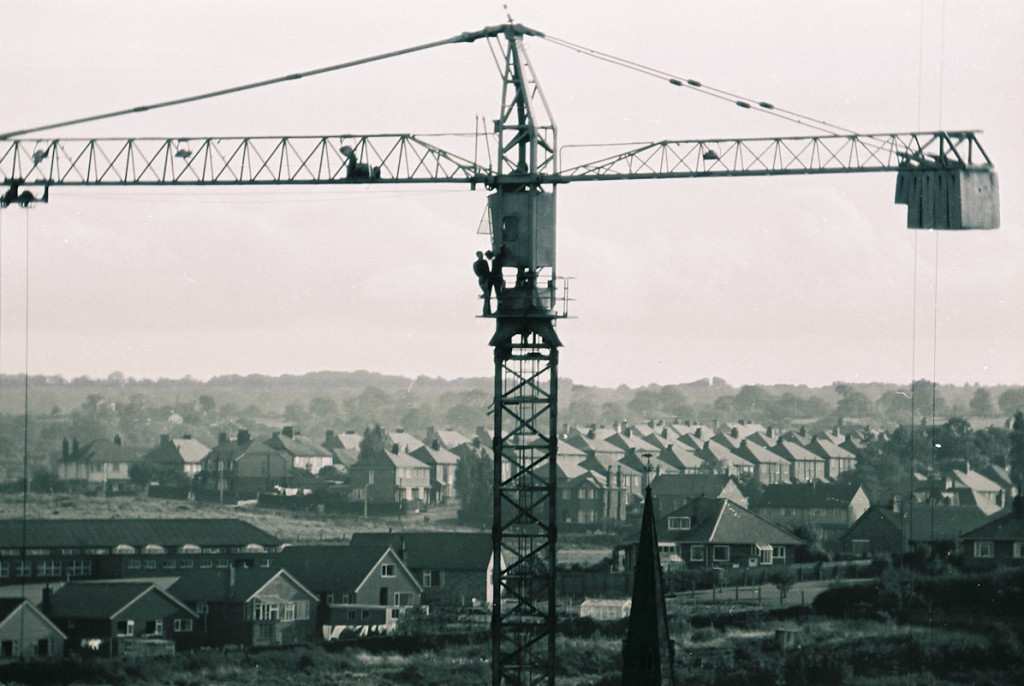
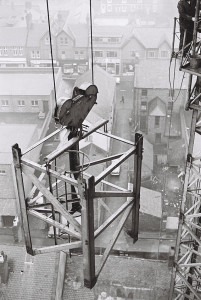
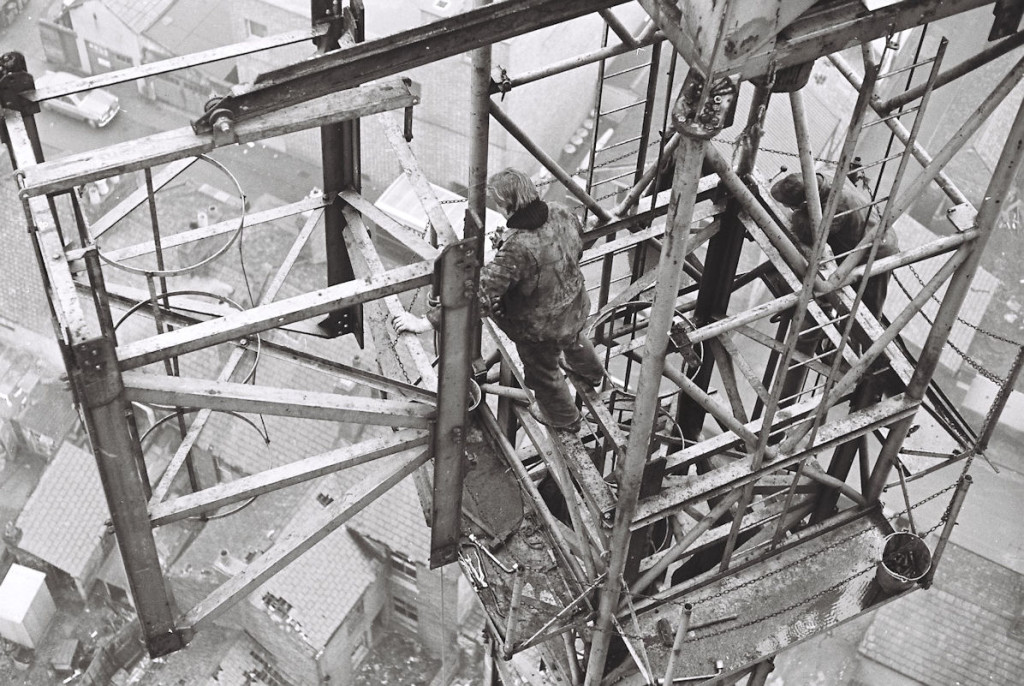
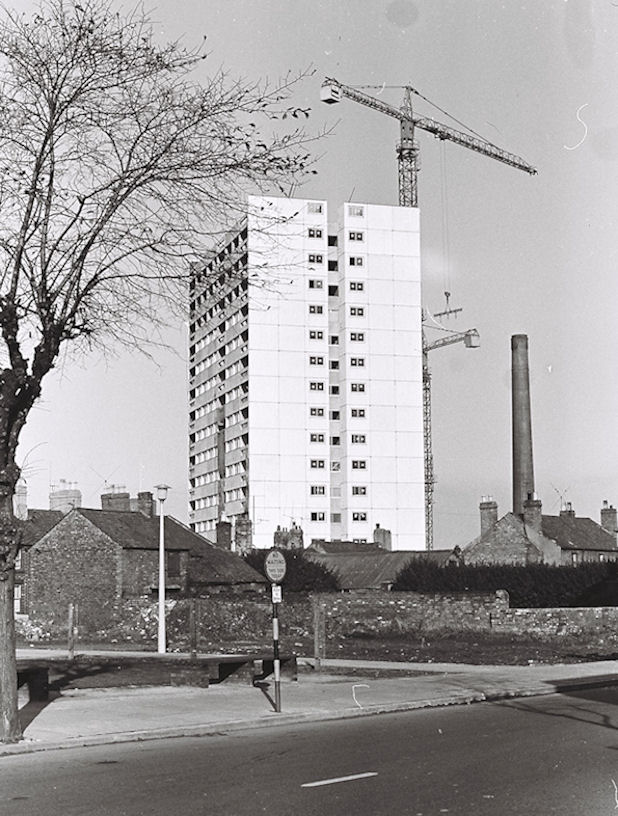
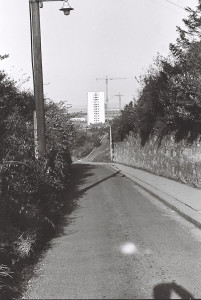
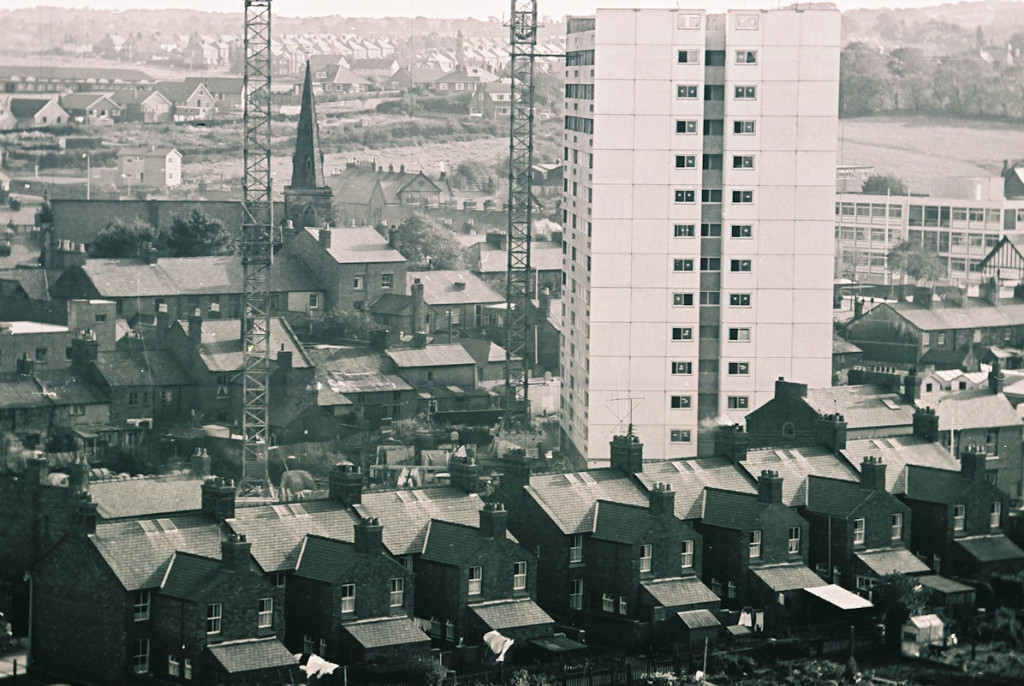
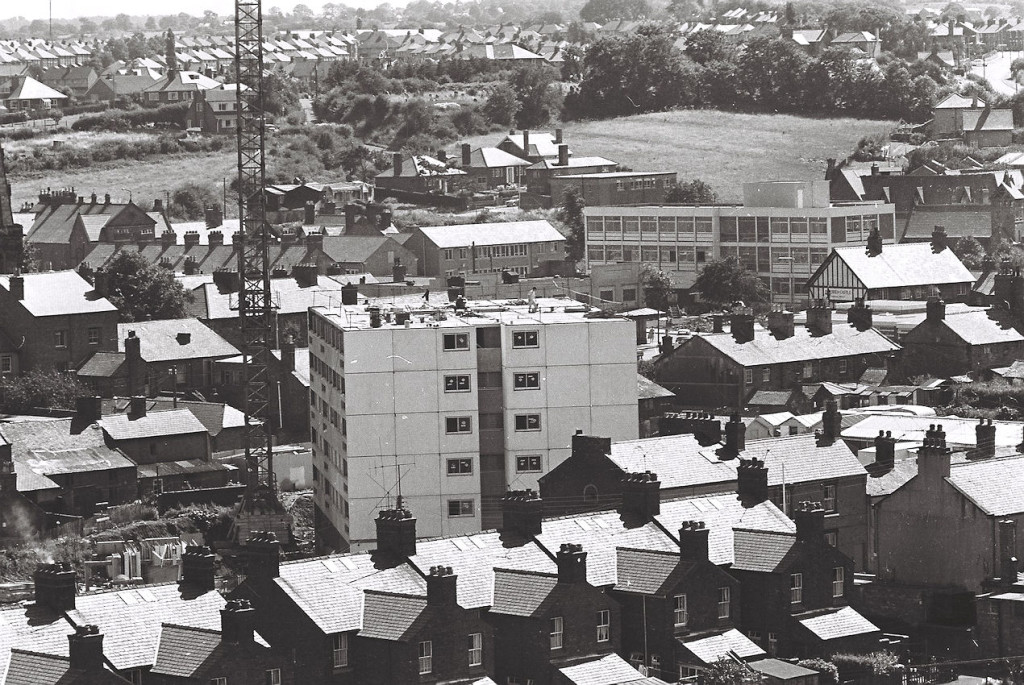
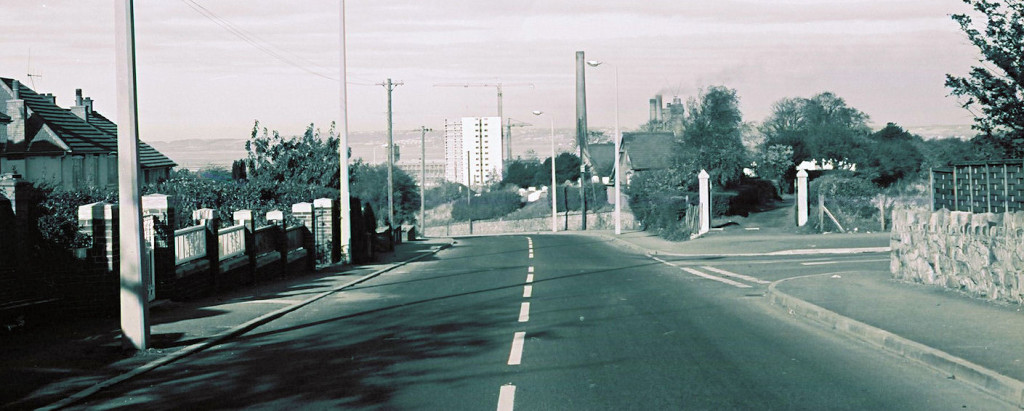
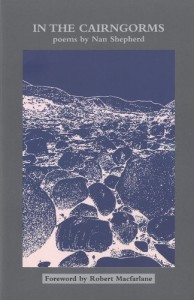
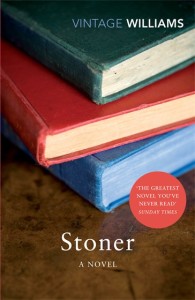
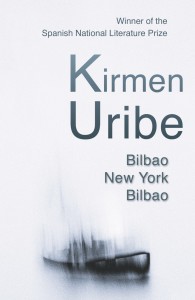
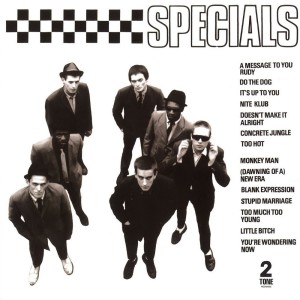
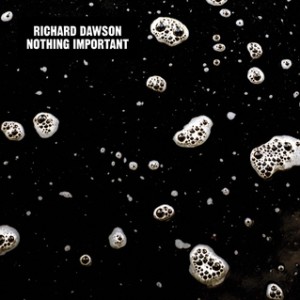
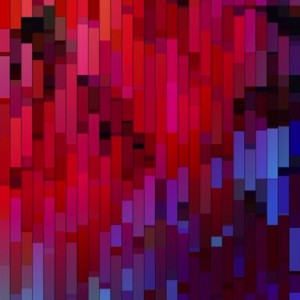
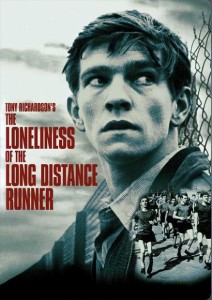
![A-Very-Peculiar-Practice-The-Complete-BBC-Series-[Network]-[DVD]-[1986]](https://psychogeographicreview.com/wp-content/uploads/2015/01/A-Very-Peculiar-Practice-The-Complete-BBC-Series-Network-DVD-1986-212x300.jpg)
